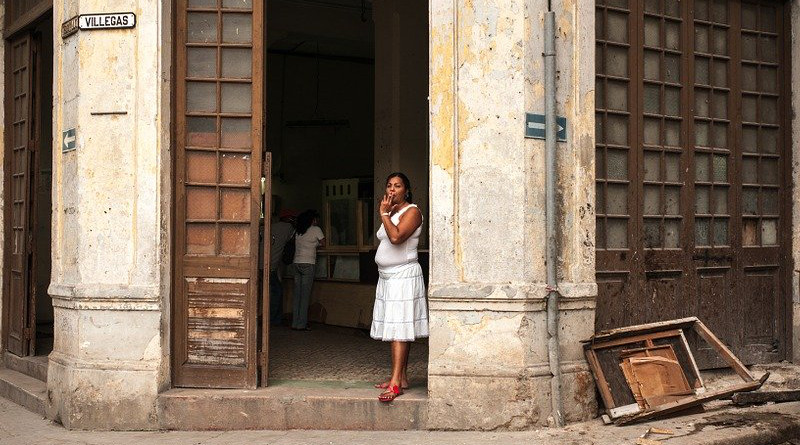Cuban Priest: 64 Years Is Enough To Prove Cuban Revolution Didn’t Work
By CNA
By Eduardo Berdejo
Father Alberto Reyes of the Archdiocese of Camagüey in Cuba said the 64 years that have elapsed since Fidel Castro seized power in 1959 “is more than enough time to realize that the project called the ‘Cuban Revolution’ didn’t work, because it didn’t bring progress, nor did it achieve its ideal of the ‘new man.’”
In a May 26 post on Facebook, Reyes pointed out that during these decades what has happened in Cuba is a precariousness of life and an increase in “the desire to escape.”
In addition, he pointed out, the six decades that have elapsed are “more than enough time to prove that, in reality, power over this people has been maintained through fear, mistrust … repression that knows no limits and that is capable of going beyond what’s human.”
The priest asked those who run the country and “all those who, in one way or another, are involved in the mechanisms that maintain the power structures” if they don’t see what’s happening in Cuba.
Is it that you’re not suffering? Is it that you don’t have family, friends, neighbors, acquaintances … who tell you over and over again ‘I can’t take it anymore’ or ‘How long is this going to be?’” he asked.
Reyes, who reflects on the reality in Cuba on social media, also noted that in the Caribbean country, “any area of citizens’ lives falls into the category of being ‘a problem,’” whether it’s getting food or medicine, transportation, an education, or care for the elderly.
“Is it that you don’t see how the precarious situation has been breaking up that ‘basic cell of society’ called the family, continually split up by emigration, by ‘international (medical) missions,’ by the wars we have waged and which it seems we will continue to wage in geographic locations totally unrelated?” he challenged.
Cuba intervened militarily in Algeria (1963), Syria (1973), Angola (1975), and Ethiopia (1977), and other countries.
“If you don’t see it,” Reyes asked, “it’s time for you to wake up and look at the reality in front of you. And if you see it, but you think that we are like this through no fault of our own, it’s time for you to decide to face the truth.”
“And if you see it and don’t question yourself, and don’t do anything, or don’t even begin to ask yourself what you could do to bring about real change, then you’ve not just chosen the condition of being a slave, but you’ve decided to build your life on the painful suffering of your own people,” the Cuban priest concluded.
The situation in Cuba is far from improving. One example is the constant power outages throughout the island, such as the one on May 28, despite the promises of the minister of energy and mines, Vicente de la O Levy, to have “better conditions.”
According to the report published in April by DatoWorld, Cuba leads the “Poverty Index in Latin America,” with approximately 72% of its population below the extreme poverty line, established by the World Bank at a daily income of less than $1.90.
Because the communist regime does not publish figures on the level of poverty, DatoWorld took the October 2022 report of the Cuban Observatory for Human Rights as a reference.
This means that thousands of Cubans continue to see emigration as a way out of poverty. According to the United States Customs and Border Protection Office, in the month of April, 9,008 people from the island tried to enter the country, totaling 143,926 Cubans since October 2022.
This story was first published by ACI Prensa, CNA’s Spanish-language news partner. It has been translated and adapted by CNA.

